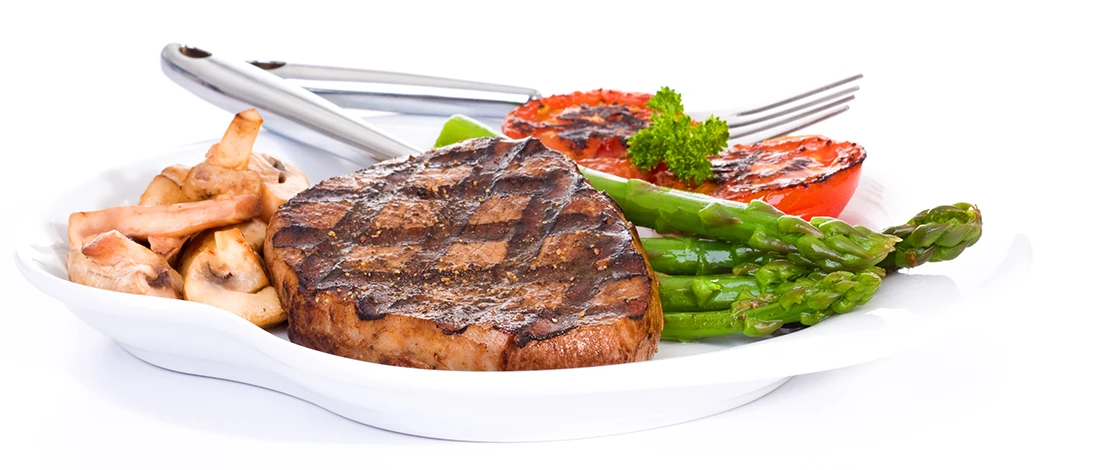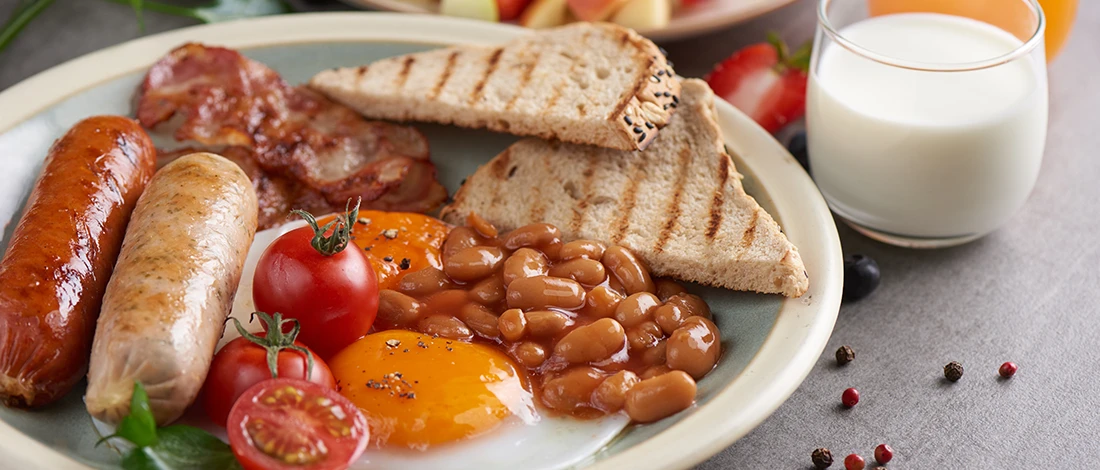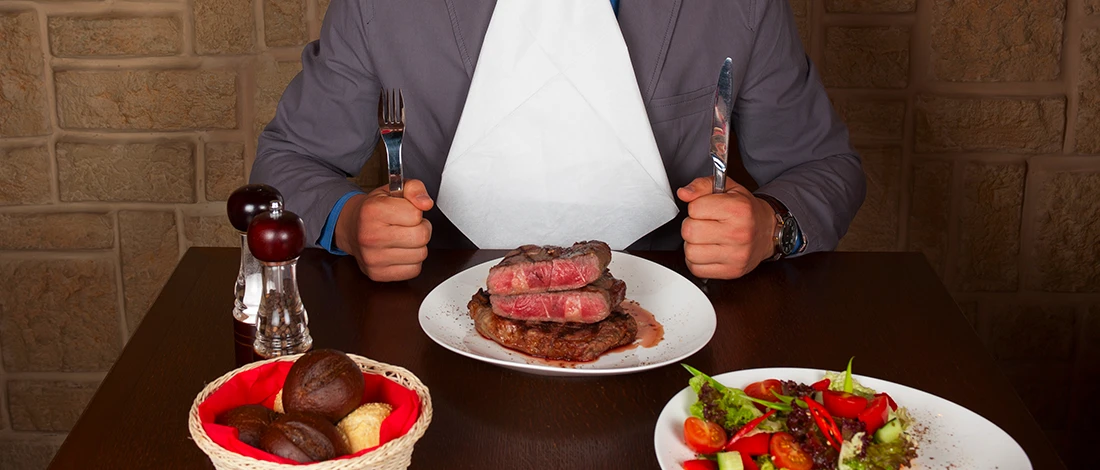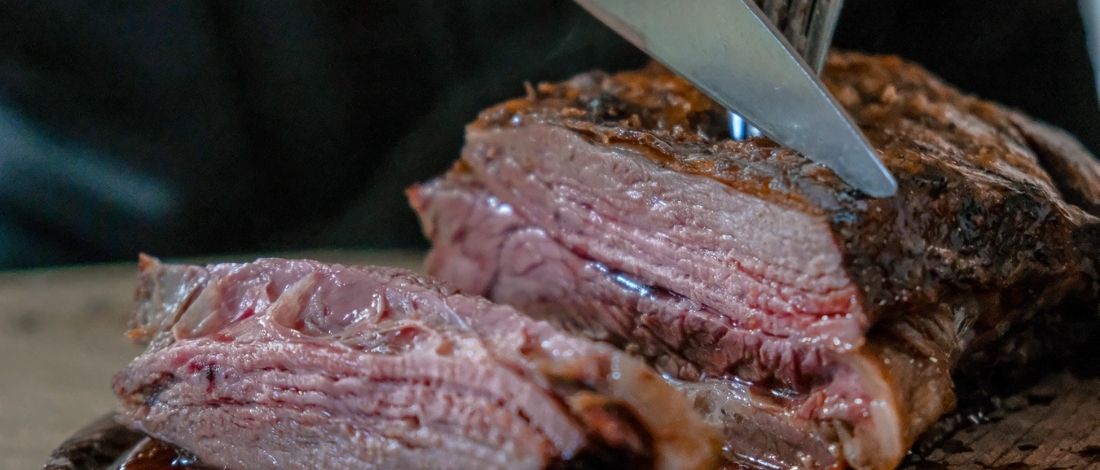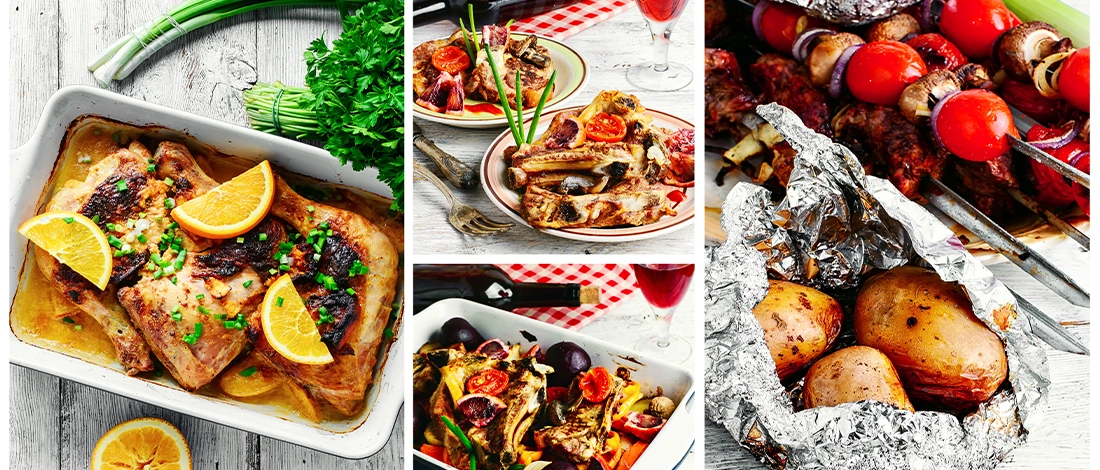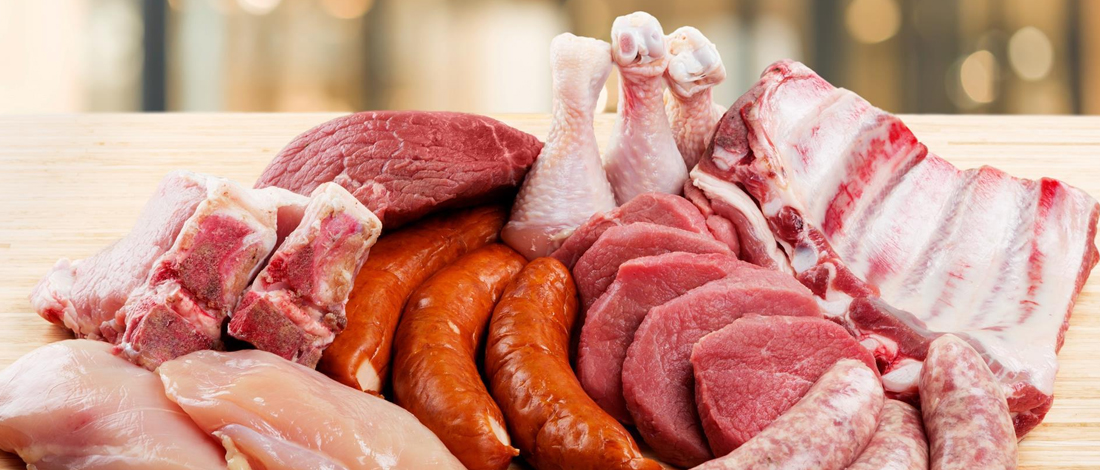Diarrhea is one of the most common side effects of the carnivore diet and the reason why the carnivore lifestyle puts many people off.
At Carnivore Style, we’ve seen this happen often, especially to people just starting out.
I’ve been on a carnivore diet for over a decade, and I’ve experienced my share of side effects, including diarrhea.
I consulted with my dietician and checked the available research to find out why diarrhea happens when you transition to an all-meat diet.
Here’s everything you should know about diarrhea on the carnivore diet and how to combat it.
Quick Summary
- Diarrhea is one of the most common side effects of the carnivore diet.
- You’re changing your gut bacteria when you switch to a carnivore diet, which is a big shock to the human body.
- You can prevent or treat diarrhea on a carnivore diet in several ways.
- Check out our round-up of the 9 best supplements on a carnivore diet, and get rid of diarrhea.
Causes of Diarrhea on a Carnivore Diet
Diarrhea happens on a carnivore diet because of several reasons.
1. Changing Gut Bacteria

You’ve probably had a high-carb diet before switching over to carnivore.
This means your gut microbiome is full of bacteria that thrive on fiber and carbohydrate intake.
Eating animal foods on a carnivore diet means there are minimal carbohydrates.
The microorganisms in your gut will start to die off and give way to the microorganisms that thrive on animal foods.
The change in the microorganisms can change the gut composition and cause discomfort in the digestive tract. One of its symptoms is diarrhea.
Overall, diarrhea is a sign your gut is resetting. The carnivore diet is great for gut health and balances the microbiome, so there’s no need to worry. Plus, this diet is a great fix for a leaky gut.
2. More Dietary Fat
You’re cutting out carbs on a carnivore diet and increasing dietary fat. The body takes time to get used to this.
If your metabolism is used to carbs, it's forgotten how to absorb fat and needs time to adjust to fat absorption.
This is where bile comes in. When you eat fats, the gut releases a hormone called CCK. This hormone causes the gallbladder to release stored bile. Bile emulsifies the fat and absorbs it.
The gallbladder functions like a muscle, so it probably can’t handle a high load of fat at first.
“If you have a gallbladder and you’ve been eating low-fat or no-fat, your gallbladder’s bile is sludgy and isn’t working. You may need some digestive enzymes to help you break down fat.”
- Nutrition with Judy, YouTube Channel
Another important part of fat metabolism is digestive enzymes. They are in charge of assimilating dietary fat and will also need some time to get used to high fat intake [1].
Until this happens, you may experience a lot of diarrhea.
3. Nutrient Deficiencies
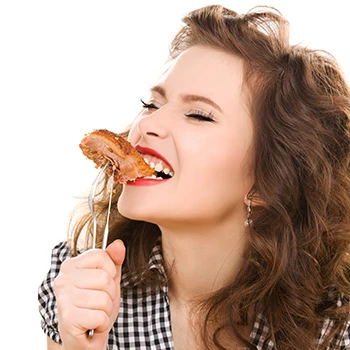
Vitamins D and A are the two most important nutrients for gut health. These vitamins can regulate bile acid synthesis and increase its production [2]. The lack of these vitamins can lead to diarrhea.
Moreover, zinc can also cause diarrhea. Zinc is a part of over 200 enzymes that are important for metabolic pathways, and it helps gut function.
Eating beef liver is a great way to avoid diarrhea if you have nutrient deficiencies. It’s a great source of vitamin A. Plus, try to get as much sun as possible.
4. Too Much Protein
Eating too much protein is one of the most common causes of diarrhea. This issue hits people who’ve not been eating meat for years or who have been eating small quantities of meat.
For example, if you transfer from a ketogenic diet to a carnivore, you’re less likely to have diarrhea from too much protein because your gut protein will be used to eating meat, maintaining gut health.
Too much protein triggers diarrhea because the body has a limit on how many amino acids it can digest. The metabolism produces ammonia, which is toxic [3]. The body struggles to excrete it, which is why diarrhea happens.
Overall, the body needs time to adjust to a high protein intake, and you may struggle with diarrhea during the adjustment process.
5. You aren’t Absorbing Bile Acid

The liver produces the bile for fat digestion. The body recycles bile after producing it. Up to 95% of bile should be reabsorbed [4]. However, some people struggle to absorb bile. In some cases, extra bile goes to the intestines and colon, which leads to diarrhea.
Bile acid malabsorption can happen because of two reasons:
- Too much bile production — Your digestive tract doesn’t know when to tell the bile production to stop. Bile is toxic to the colon, so the body triggers diarrhea due to the bile acid malabsorption.
- Intestinal inflammation (such as inflammatory bowel disease) — Inflammation blocks the switch that tells the liver it’s time to turn off the production of bile.
It takes time for the digestive system to adapt to the increased bile secretion, so give carnivore diets time, and you’ll be fine.
6. Inflammatory Foods
Several of the carnivore diet foods can cause gut irritation.
Common inflammatory foods are:
- Chicken and pork — These are non-ruminant foods. In other words, they are what they eat. One solution is to switch to grass-fed meat.
- Dairy — Grocery-bought dairy products contain gums, additives, and other harmful ingredients, which are inflammatory for most people. You can consume raw cheese and milk to avoid this.
- Egg — Same as with dairy, the quality of eggs is questionable. Eggs can have allergens in the whites.
Solutions for Diarrhea on a Carnivore Diet

Here’s what you can do to lessen the symptoms of diarrhea on an all-meat diet.
1. Exercise
Exercise is generally used to fight constipation, but it can help diarrhea by regulating bowel frequency.
You don’t have to go hard at the gym. Gentle exercise can be helpful as well. For example, try yoga or a short walk after meals.
2. Eat Organ Meat
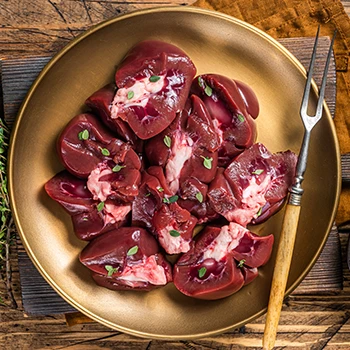
I talked about how nutrition deficiency can cause gut problems and the metabolism’s ability to digest fat. One of the best ways to combat this is to eat organ meat.
Organ meat is rich in essential nutrients. For example, a few slices of beef liver a week is enough to fix vitamin A deficiency.
Other good organ meats to consume are beef heart, brain, kidney, and ground beef. These are rich in vitamins and minerals and low in unhealthy fats.
3. Bone Broth
Bone broth is rich in collagen, gelatin, glutamine, and glycine. It also has some minerals, such as sodium and potassium.
Collagen will give you better skin. However, it can also help you have sufficient electrolytes to avoid diarrhea.
Consuming bone broth on a carnivore diet keeps you hydrated. It has gelatin, which is especially important because it helps with leaky gut junctions. It seals them up, so the food can move through the digestive tract [5].
4. Supplements

Finally, you can take a range of supplements to help with diarrhea:
- Electrolytes — Diarrhea causes dehydration. Electrolytes keep you hydrated.
- Sea salt — Diarrhea makes you lose water and sodium. You can add sea salt to your meat to replenish what you’ve lost.
- Calcium powder — Calcium can bind the excess bile acids, so you don’t have colon irritation. Some calcium sources are crushed eggshells, bone meal powder, and others.
- Ox bile — Ox bile helps the body get used to a high-fat diet while preventing side effects.
- Herbs — Try using medicine with herbs such as milk thistle and berberine. Milk thistle is used as a liver detox, and berberine can regulate gut bacteria and normalize bile acids [6] [7].
5. Adjust Fat to Protein
I talked about how too much protein can cause diarrhea. Here’s how to fix this.
If you’re eating too much lean meat, try increasing the intake of fat. Do it gradually because too much fat leads to increased bile which also causes diarrhea.
Lean meat can even lead to protein poisoning, called “rabbit starvation syndrome,” so it’s good to increase the amount of fat.
Don’t worry about fat if you’re trying to lose weight, especially at the beginning of a meat-only diet. Focus on getting used to a new diet, and give your body what it needs.
Once you’re used to a new diet and aren’t struggling with diarrhea any longer, you can try to change the amount of fat to get the weight you want.
FAQs
Is Diarrhea a Side Effect of a Carnivore Diet?
Yes, diarrhea is a side effect of a carnivore diet. Diarrhea on a meat-only diet can happen because of several reasons.
How Often do People on Carnivore Diet Poop?
People on a carnivore diet poop less frequently than people on a standard diet. This is because this diet is low-residue and doesn’t contain much fiber.
Does the Carnivore Diet Make You Poop?
Yes, the carnivore diet makes you poop. Diarrhea is a common side effect of a meat-only diet, but it stops once the body gets used to high fat intake.
Do Carnivores Poop Less?
Yes, carnivores poop less. This is because meat digests faster than plants, and this diet is low in fiber.
At Carnivore Style, we want to help you avoid the bumps in the road and stay consistent with your diet. Check out our other guides for simple tips and real solutions to common carnivore challenges.
References:
- https://www.ncbi.nlm.nih.gov/pmc/articles/PMC4923703/
- https://pubmed.ncbi.nlm.nih.gov/20233723/
- https://pubmed.ncbi.nlm.nih.gov/31366360/
- https://www.ncbi.nlm.nih.gov/pmc/articles/PMC5546245/
- https://www.ncbi.nlm.nih.gov/pmc/articles/PMC6021736/
- https://www.mountsinai.org/health-library/herb/milk-thistle#:
- https://www.ncbi.nlm.nih.gov/pmc/articles/PMC7933196/


